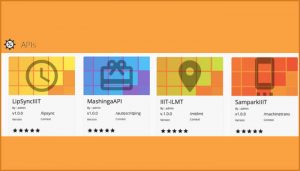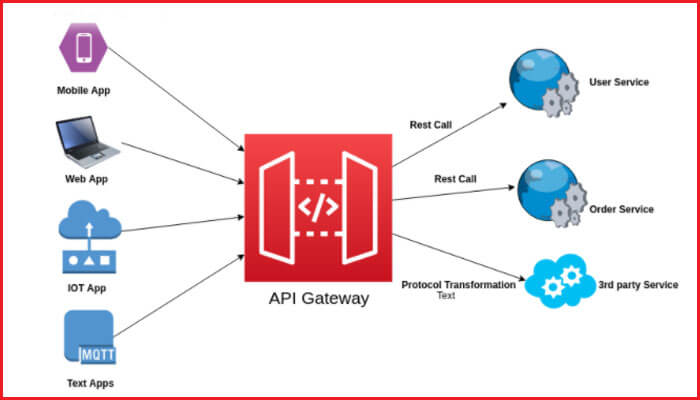In a move that brings IIITH’s ‘From Lab To The Land’ mantra closer to reality, the institute’s intellectual property is being made public through an in-house API Gateway, originally created as part of the Centre’s ongoing Bahu-Bhashak project.
As an institute, IIITH’s long-standing focus has been not only on creating world-class research but an actionable one at that. A common strategy followed by most universities for commercialization of technology is to license it. IIITH is no different. But, besides licensing, IIITH has been also actively engaged in a host of other initiatives; from encouraging startups and products via an incubator housed on its premises, to the establishment of the Technology Transfer Office, the Product Labs and more recently the Applied Research Centre. “But every technology cannot become a start-up. They may however be niche technology and nice utilities that people can use,” says Prakash Yalla, Head of Product Labs, IIITH. It was to tap into this niche that an early attempt was made to create interfaces for such technologies.

Initial Efforts
Over 2 years ago, as part of their academic coursework, students under Prof. Ramesh Loganthan, conducted a feasibility study of web hosting Application Programming Interfaces (APIs) of various technologies spawned out of the research labs. “The basic premise was that most research undertaken in the labs is consumable on the cloud, much like the web services offered by tech giants such as Amazon and Google,” explains Ramesh. The initiative which was ahead of its time then unfortunately ran into multiple roadblocks, for a variety of reasons and had to be shelved.
A detailed report which was tabled on the experiences and efforts of setting up tech APIs however came in handy when the Ministry of Electronics and Information Technology’s (MeitY) Bahu-Bhashak project requested for language technology APIs. The Bahu-Bhashak project is the National Language Translation Mission to remove language barriers to development in India. It has engaged the expertise of IIITH and several other technical institutes in various components of machine translation of Indian languages. “The tabled report short circuited our team’s process and the initial set of language technology APIs were set up based on what was documented in it,” says Ramesh.

Going Live
According to Prakash, the aim of the original in-house project proposal was easy access to usable technology, with APIs being presented as one way of making it available. While a start has been made with language technologies, the idea is to eventually host research from all other labs as well. “We are now in the process of building small applications, so that anyone interested can easily access them, tinker around and get a sense of the way things work,” he says, adding that where the tech catalogue listing all the research from labs is a static interface, the API Gateway is a dynamic one. With a dedicated login and associated accounts that include billing and metering, the Gateway has been envisioned as a way for any research lab to commercialise its intellectual property if its nature is such that it can be consumed as an API. “For the next one or two years, the initiative will continue to be handheld by Product Labs, but the idea is to make it more self-service in that each lab will be able to upload their tech APIs by themselves on the gateway,” remarks Ramesh.

Paradigm Shift
In the academic world where excellence hinges to a large extent on publishing research articles in scholarly journals and creating world-class code, the building of a physical interface for the same and its availability over the web marks a paradigm shift. “Not only has technology in the labs evolved quite a bit over the last few years, there’s also a much higher appreciation of the need to solve real problems. While earlier, the focus was publications and conferences, and graduating students, now there’s a very high importance given to technology translation and making sure the work is getting used by somebody, somewhere, somehow. So there’s a much higher buy-in for faculty to make their research available as APIs. Right now, it’s their own initiative and they’re putting a lot more effort. This shift is very significant and very helpful,” says Ramesh.



Next post